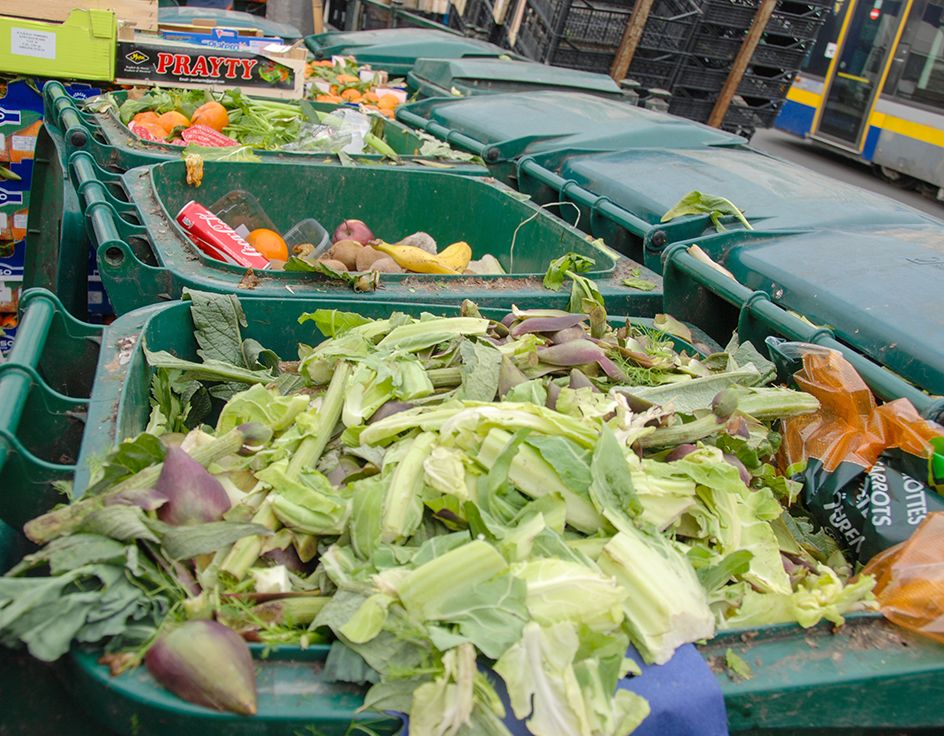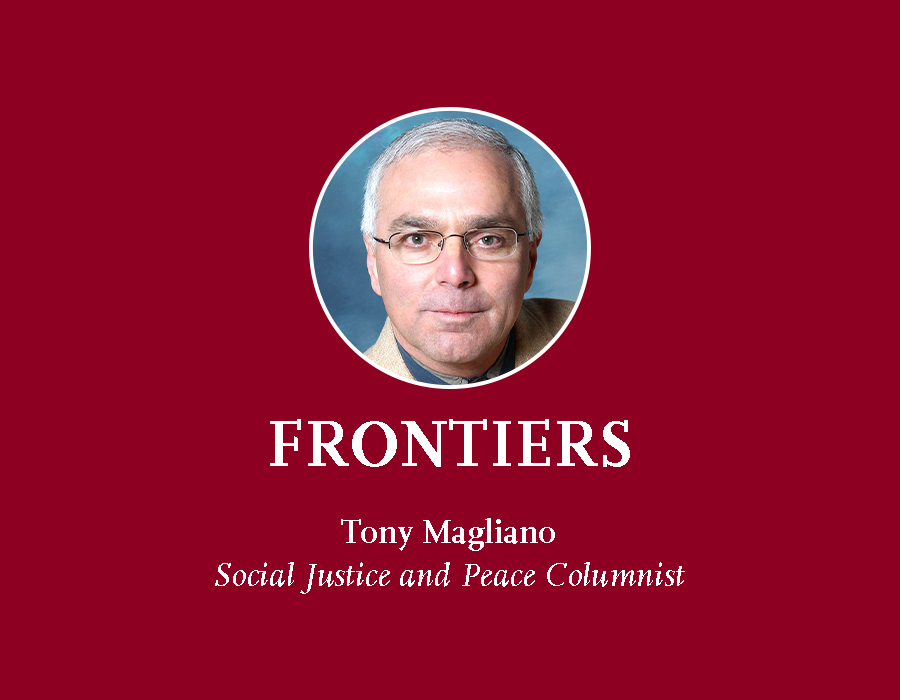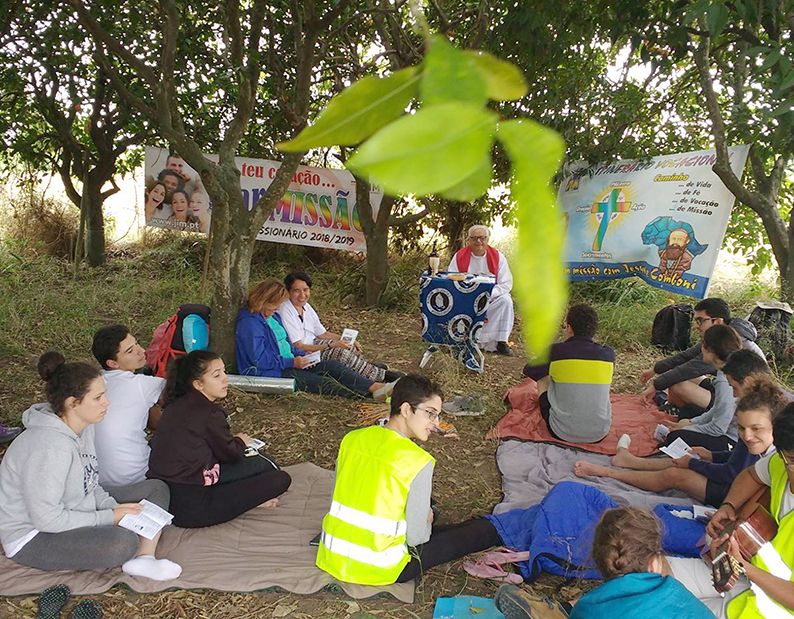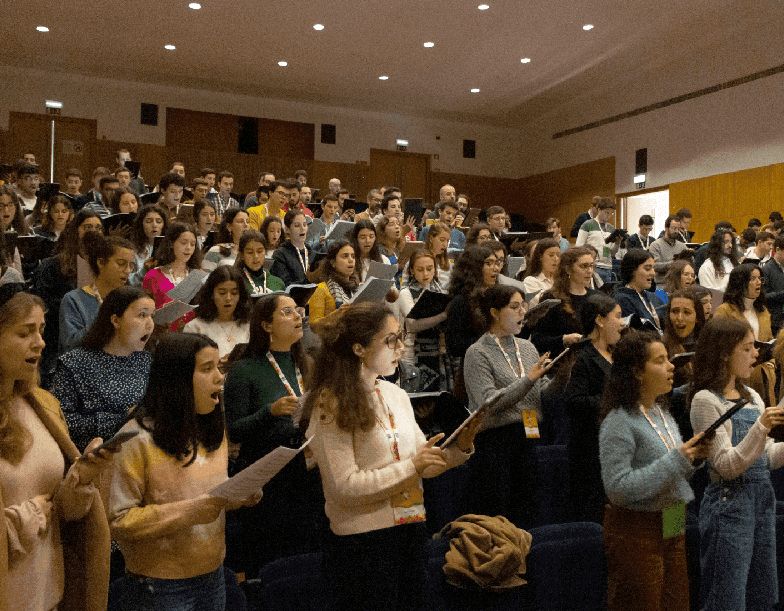Climate change has reached its irreversibility phase. This is no longer only demonstrated by the data released for years by scholars, activists, and journalists who are sensitive to the topic. Today it is the facts that speak. For decades, politicians did not have ears to hear the warnings in the environmental field. The coming scenarios demand that we keep our eyes wide open and start taking countermeasures to the effects that are already occurring. First of all: drought, an alarming issue that I hope will be at the center of the debate at the UN, at international meetings, and at the World Water Day event.
It has been 65 years since we have seen such an obvious hydrogeological crisis in Italy. Throughout the country in 2022 there was less than half of the expected precipitation. Speaking of the region where I live, the northwest, all records for consecutive days without rain have been surpassed. And 2023 showed no signs of reversing this worrying trend. For more than a year the rivers have been below the hydrometric zero level, the little snow on the mountains dissolves in the blink of an eye, and the worries about next summer do not let many farmers sleep soundly.
I speak of facts that we are experiencing today, here in my region, as in many other regions of the world. Yet even our everyday behavior seems to take no responsibility whatsoever for this issue. It must be emphasized that 35% of drinking water is lost in the urban water network, not to mention the wasted water that is hidden behind the production of basic necessities. Reducing the annual wastage of food (equal to 30% of the food produced) would alone save as much water as New York’s water needs over the next 120 years.
To make the projection of this data worse, FAO tells us that continuing with this trend of consumption and in the face of population growth, by 2050 we will need 35% more drinking water to meet the food needs of the entire world population.
ECONOMY VS. ECOLOGY
Instead, the facts tell us that there is less and less water, and the little we have is increasingly polluted. Just to give an example, it is estimated that 83% of the water consumed in the world is contaminated by micro plastics. Behold, the greatest urgency that should be at the center of the discussions at the UN conference on water, in New York, should be to bring back to the center of any kind of interest the issues related to the most precious good we have.
For too long these types of meetings, as well as the internal policies of each State, have shown themselves to be victims and promoters of that eternal dualism that opposes and antagonizes economy to ecology.
And the weak signals that derive from it end up having negative effects also on the behavior of a population that until today has never been directed and held accountable for virtuous practices; because waste and consumption are part of economic growth.
President Mattarella of Italy spoke about this during a visit to Kenya: “We won’t have a second time” and “We can’t cherish the illusion of pursuing first the objectives of economic development and then tackling environmental issues in a second moment.”
It is quite clear that the current panorama will not be able to guarantee satisfactory economic results for much longer if we do not first make an effort to repair our relationship with the Earth’s ecosystem. Unfortunately, the situation has worsened to the point that it is not possible to guarantee a healthy and dignified life in many areas of the planet.
The issue of droughts, which today affects us closely on a national and local level, has for centuries been a disgrace for many peoples. Having been indifferent to their problems has now led us to personally feel the drama of the lack of water in the territories. Therefore, it is mandatory for all people – from the United Nations’ discussion rooms to our homes – to assume awareness, responsibility, and continuous attention for the management of water resources.
Water, more than any other commodity, represents life on Earth, and the signs of these dry spells do not bode well. To heal the relationship with this specific molecule, which makes up 70% of the entire planet, would mean taking a big step towards safeguarding humanity. Published in La Republica






























